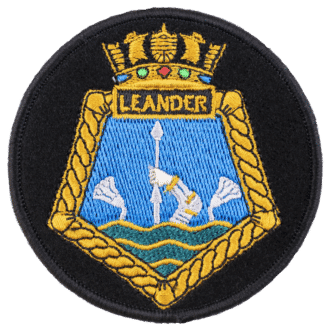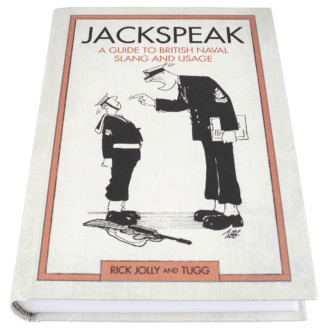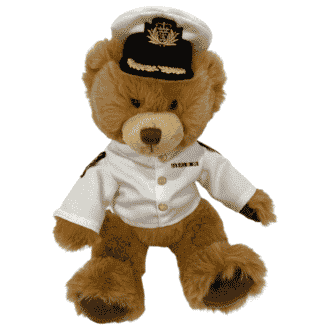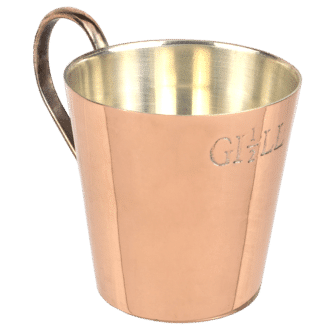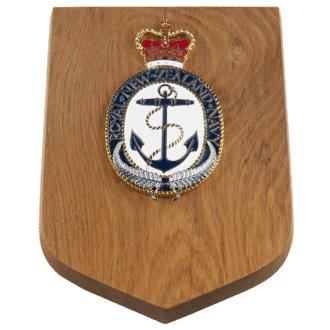Showing 28–36 of 37 results
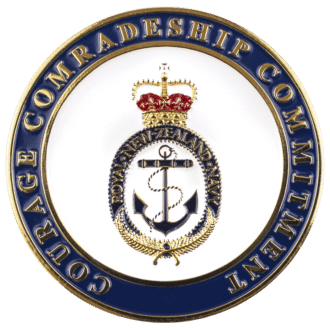
Select options
This product has multiple variants. The options may be chosen on the product page
Challenge Coin – Assorted Designs
NZ $35.00 incl GST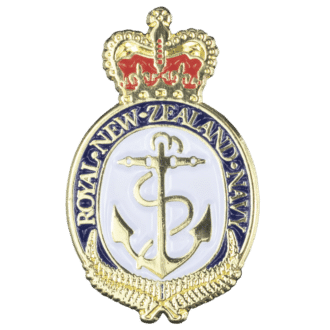
Select options
This product has multiple variants. The options may be chosen on the product page
Lapel pins – assorted designs
NZ $8.00 – NZ $20.00Price range: NZ $8.00 through NZ $20.00 incl GSTJackspeak book
NZ $45.00 incl GST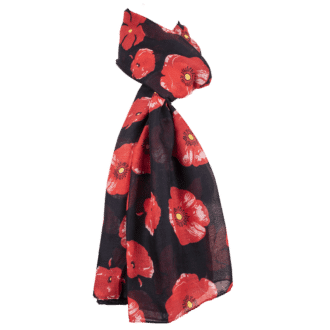
Select options
This product has multiple variants. The options may be chosen on the product page

